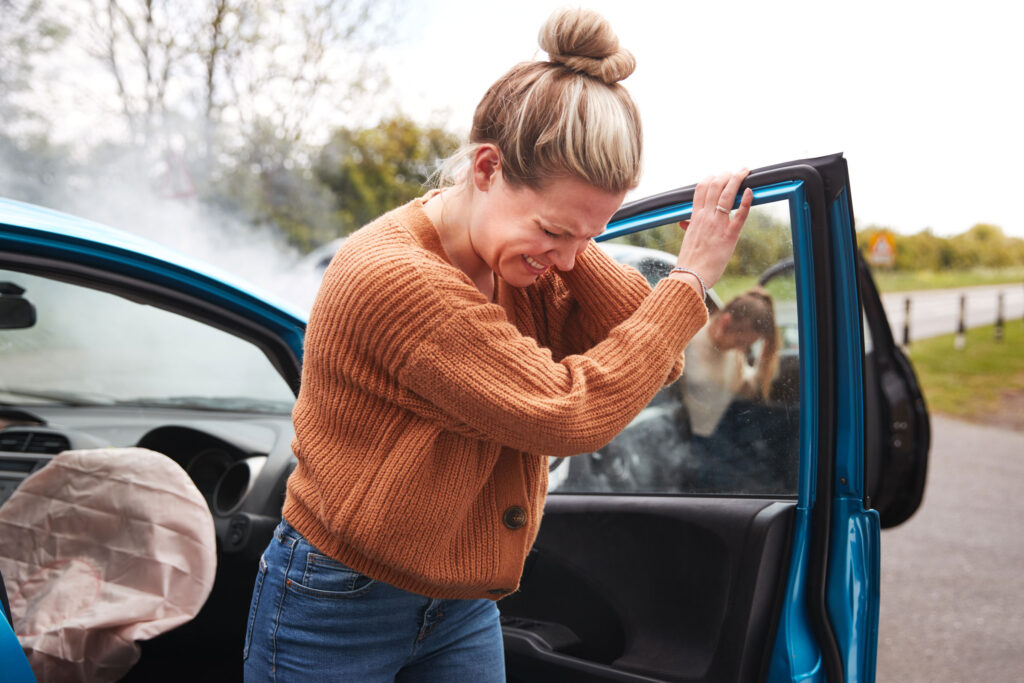What is involved in a motorcycle settlement?
If you’re involved in an insurance claim or a personal injury lawsuit, you’re probably wondering how much your case might be worth. There are too many unique factors in any given motorcycle accident to accurately predict the outcome in terms of a dollar figure. But this article discusses the main considerations when attempting to value a motorcycle accident case and gives some examples of past verdicts and settlements.
How the Parties Value a Potential Case
“Valuing” a case means coming up with a best guess at what a jury might award the person suing (the plaintiff), and also guessing what the person being sued (the defendant) would be willing to pay. It also means figuring out what the plaintiff would ultimately be willing to accept to settle the case before trial. That’s a lot to keep track of. But the three biggest factors in valuing the case are the extent of the plaintiff’s damages — meaning how bad the motorcycle accident was and how significant the resulting injuries are — how likely the jury is to find the defendant responsible and what insurance coverage is available.
Factor 1 – Valuing the Damage of an Accident
Estimating the potential outcome of a motorcycle accident case is quite difficult for one main reason: at trial, it will most likely be a jury that ultimately decides just how much money the defendant must pay the injured motorcyclist.
Some personal injury damages, like medical bills and lost wages, are easier to predict because “concrete” costs like these will mostly be based on the amount the plaintiff demonstrates he or she has paid or lost and/or will continue to pay or lose. For subjective, less concrete damages like “pain and suffering,” predictions are at best an educated guess based on awards in similar motorcycle accident cases in the past.
Factor 2 – Likelihood Defendant Will Be Found Liable
The other major factor in valuing a case is the likelihood a defendant will be found liable, at trial, for the traffic accident.
It’s a well-known fact the public and juries are by and large unfavorable to motorcycle riders. This does not mean if the plaintiff was riding a motorcycle the jury will automatically find in the defendant’s favor — but it does lower the plaintiff’s odds if evidence of the defendant’s liability could go one way or the other.
This is unfair and prejudice, but a reality the experienced motorcycle attorneys of Harsh Law are prepared to handle.
Factor 3 – Amount and Availability of Insurance
If a defendant does not have many assets, a settlement will likely not exceed the liability limits of the defendant’s auto insurance. Jury verdicts can and usually do exceed insurance liability limits, but that does not mean the plaintiff is able to collect the full amount of the verdict.
If there is no other way to collect, a plaintiff’s best option is usually to accept a settlement amount that equals the insurance coverage limits, even if actual damages are much higher and easy to prove.
Motorcycle Verdicts and Settlements
Based on the data provided by Thomson Reuters in 2017, motorcycle crashes have a serious injury or fatality rate 26 times higher than passenger vehicles. (https://www.reuters.com/article/us-injuries-vehicular/motorcycle-crashes-cause-far-more-severe-injuries-than-car-accidents-idUSKBN1DM22S). Here are some additional data insights from the study on motorcycle crashes:
- Median motorcycle injury verdict (after a personal injury trial) from 1999 to 2006 was $73,700
- $1.6m settlement after plaintiff slid on loose gravel and suffered crushed vertebrae and nerve damage
- $355,000 settlement after plaintiff was killed when defendant’s truck, pulling a small trailer, turned left in front of the motorcycle at high speed
- $300,000 verdict for plaintiff after truck turned left in front of the motorcycle. Plaintiff’s injuries were limited to aggravation of pre-existing herniated disc, soft tissue injuries and a torn knee ligament
Understanding precedent of past awards as well as the courts of San Bernardino, Orange and Riverside counties is critical in any effective legal team. The professionals at Harsh Law will review your case, injuries and provide insights from similar cases to help you make informed decisions.
Make Your Call to Harsh Law
The attorneys of Harsh Law offer free consultations with no obligations.
We work on a contingency fee basis – meaning you won’t owe us anything unless we help you recover the compensation you deserve.


